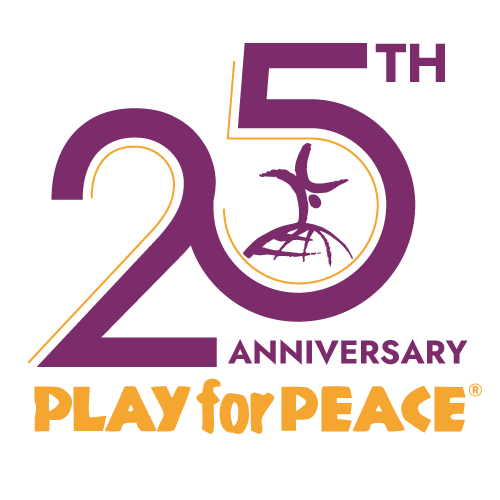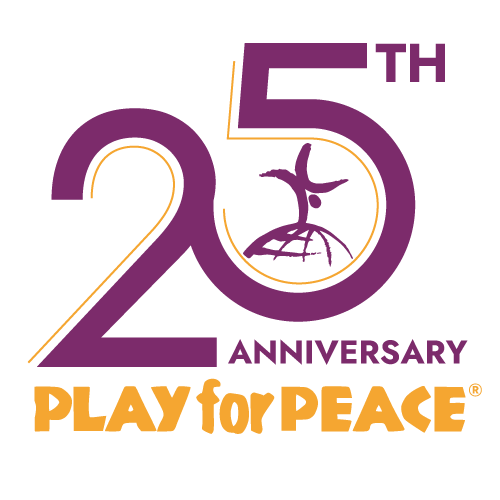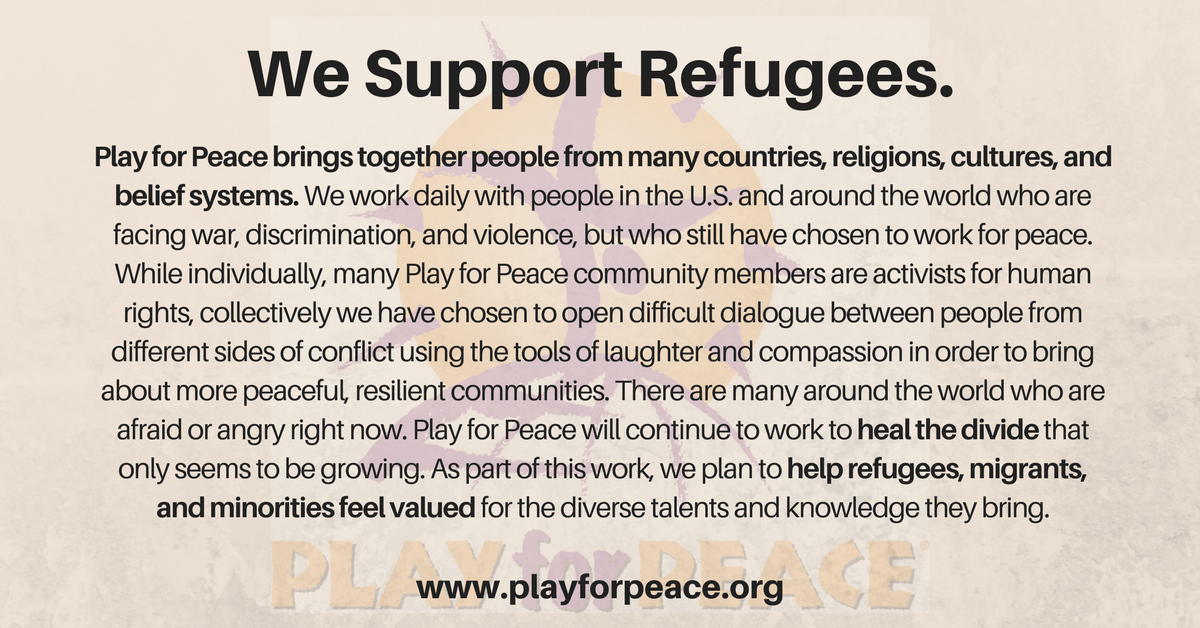Play for Peace brings together people from many countries, religions, cultures, and belief systems. We work daily with people in the US and around the world who are facing war, discrimination, and violence, but who still have chosen to work for peace. While individually, many PFP community members are activists for human rights, collectively we have chosen to open difficult dialogue between people from different sides of conflict using the tools of laughter and compassion to bring about more peaceful, resilient communities. Many around the world are afraid or angry right now. Play for Peace will continue to work to heal the divide that only seems to be growing. As part of this work, we plan to help refugees, migrants, and minorities feel valued for the diverse talents and knowledge they bring. We all have memories. But when we think about how we got them, we will usually find an answer in words such as “home”, “family”, “school”, and “friends”; and in most cases, they are correlated with some “place” – a place we lived in, streets we used to walk through and faces we used to see in these places.
All together, we are given a feeling of certainty and comfort when revoking these memories. But – what would happen if all of these would have to be left behind? What would it feel like to be forced to leave? Would there still be memories, would they fade away, or would they be simply erased; moreover – how to continue this only thing one could bring –bear life? Over the years, the issue of displaced people is becoming more and more concerning. Due to many unexpected conditions, such as warfare, political instability, and natural disasters like floods, tsunamis, and famines, the number of people who are facing the frightening reality of being displaced is constantly growing. According to the latest UNHCR statistics, 65.3 million people around the world have been forced from their homes. Among them are nearly 21.3 million refugees, over half of whom are under the age of 18. 51% of displaced people are children. If we want to face the reality right at this moment, nearly 1 in 100 people worldwide are now displaced from their homes and about 34,000 are forcibly displaced every day, fleeing their homes in fear, arriving in a new country with nothing but their lives.
Displaced people are mainly being hosted in the Middle East and North Africa (39%), Africa (29%), Asia and Pacific (14%), Americas (12%) and Europe (6%). Play for Peace has recognized this issue as one of the most important in today’s world of constant changes. Our team of volunteers makes an everyday effort to support refugees, helping them to overcome the most difficult times of their lives, and spreading a word of understanding and comprehensiveness among people. We would like to emphasize that the biggest focus is supporting refugee children. We understand that losing a sense of home and forced movement is very difficult, but we cannot imagine how that can be accepted by the youngest members of this group – the ones who just left their playgrounds and faced the fear in its worst shape. These small people haven’t just lost the right to education and main children’s rights, but they also lost the feeling of being carefree.
Additionally, we are launching a permanent Support Refugees Campaign where our community will receive an educational Guide to working with Refugees, have the opportunity to participate in an online course and receive a certificate, provide mini-grants for clubs who present Practice Peace Sessions with refugees or IDPs, and travel support for trainers and club formation workshops with refugees or IDPs. We hope and believe that our intention and further spreading of awareness will make an impact to the lives of people who are currently living in fear of having no place to call home and that all of us, as one unified population, will have equal rights to have things to remember.



